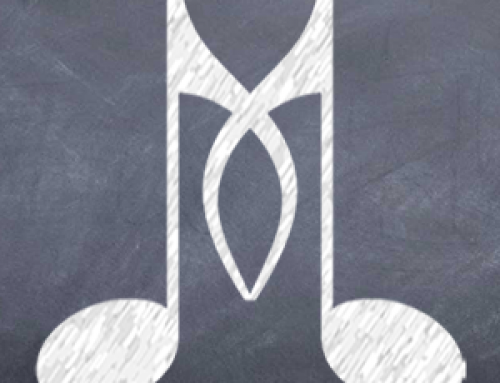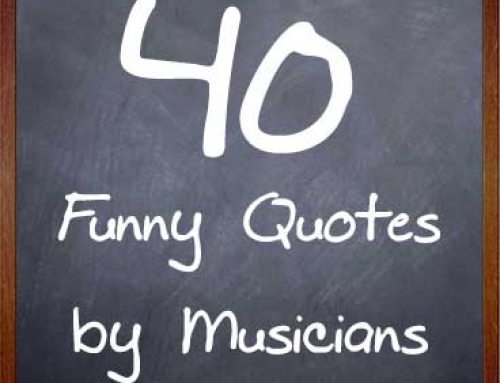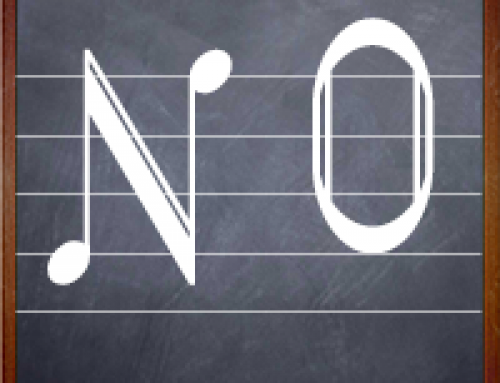
You have to have “thick skin” in the music business and you must be able to handle rejection. As a musician, you will typically be rejected between 50%-80% of the time. This applies to auditions, demo tracks, commercial music, record deals, licensing deals, composition, production and more. I know that this seems like a high percentage, but it’s what all professional musicians go through and your reaction will either kill you or make you stronger. You must be able to deal with these situations clinically and avoid the temptation to take them personal or act emotionally.
Here’s an example. Let’s say that you’re a carpenter in a town with 10 other carpenters. This is a situation where you must be competitive in order to make a living in your field. If you lose a bid to another carpenter, what do you do? The first thing you should try do is to figure out why you lost the bid. Where you too expensive? Was the other carpenter highly recommended or did they have more comprehensive marketing materials? Maybe they had a better web presence or more Yelp reviews. If you want to remain competitive in your field, you must analyze this situation, improve and move forward. All of these problems (that may have lost you the bid) are easily addressable. You can adjust your price, bolster your web presence, ask clients to review you on Yelp, boost your advertising, etc. Also, in the case that this other carpenter was simply recommended by a friend of the client, there’s not much you can do…so don’t sweat it. If you continually do a good job, people will be recommending you too.
So why do we take rejection so personally when we’re really just freelancers like the carpenter in my example above. It’s because we equate music with art and we consider ourselves artists. We’ve spent countless isolated hours practicing and music is incredibly personal to all of us. Now don’t get me wrong, I totally get it and I have to remind myself not to take things personally as well. But the fact is that being depressed, angry or defensive will only hurt your career. You must figure out how to disconnect your emotional responses and tackle these problems analytically. If you don’t land the audition, try to find out who did and why. Maybe he or she had more playing examples on Youtube or was already connected with the musical director. If the reasoning behind your rejection is that you aren’t familiar with the people in the band, make a point to meet more musicians in the future. That would be a productive! It’s also possible that he or she was just a better fit for the gig, but that happens in a competitive field like music so you must accept this and move on. There are more than enough gigs to go around and you can’t have them all. Perspective is a powerful thing and while you may be jealous of a “higher up” musician, there’s always someone looking up at you with the same feelings.
Anyway, the point of this article is that you must think of yourself like a business. This means analyzing your data, tweaking your approach, meeting current demands, strengthening your weaknesses and powering through! Good luck and try not to take it so personally…
-Adam Small

Adam’s MMMC Artist Profile
Adam’s Music Consulting & Management Page






